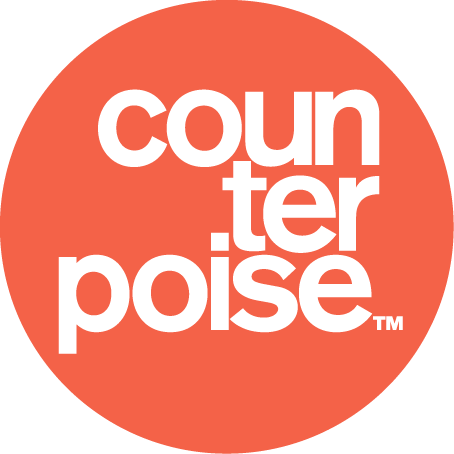Benefits and Disadvantages of Drinking Coffee

In the UK, we drink approximately 95 million cups of coffee per day. But what are the benefits and disadvantages to our bodies when we drink coffee or tea?

Caffeine is a natural stimulant that is found in tea, coffee, and cacao plants. It works by stimulating the brain and the central nervous system.
Once consumed, caffeine is quickly absorbed from the gut into the bloodstream. When you’re tired, you often reach for a cup of coffee to keep you awake. But do you know why this is? Well, caffeine blocks the effects of some of the bodies key sleep-inducing molecules, for instance, adenosine.
Adenosine is a neurotransmitter that relaxes the brain and so can result in feelings of tiredness. Caffeine works by blocking the adenosine receptors so that adenosine cannot attach to it and inhibits the adenosine impact. This then results in you feeling more awake and alert after the consumption of caffeine.

Your brain adapts to the regular consumption of caffeine. Because your adenosine receptors are being continually blocked, your body decides to make more adenosine, leading you to drink more coffee to combat the tiredness.
When you quit caffeine, you may experience withdrawal-like symptoms as suddenly your body has an overload of adenosine with nothing to stop it from attaching to the receptors. It is common to experience headaches and feelings of tiredness. However, these symptoms tend to disappear after a few days.
Benefits of Caffeine Consumption:
- Caffeine increases neuronal firing in the brain and so can improve mood, memory, and general cognitive function.
- Athletic performance – caffeine consumption prior to exercise appears to improve endurance and feelings of physical strength.
Disadvantages of Caffeine Consumption:
- It is recommended that pregnant women have no more than 200mg of caffeine a day. The baby cannot metabolize coffee as you do. Caffeine can increase heart rate and blood pressure, which is not recommended. High intake of caffeine has been associated with low-birth-weight babies as well as increased miscarriages.
- Can cause over alertness, headaches, dizziness, and insomnia (hence why it is recommended not to have caffeine too late in the day)
- If you suffer from anxiety, overconsumption of caffeine can increase anxiety levels.

So what are the recommendations for caffeine?
The NHS suggest that…
- < 400mg a day for adults
- < 200mg/day for pregnant women
- <2.5 mg /kg/d for children and adolescents
How Much Caffeine is In Coffee and Tea?
This is based on costa coffee americanos ☺
- 1 shot espresso 100mg
- 2 shot espresso 200mg – 260ml americano
- 3 shot espresso 300mg – 340ml americano
- 4 shot espresso 400mg – 450ml americano
- Brewed tea – 40-120mg
- Soft drinks – 20-40mg
- Energy drinks – 701-160mg
- Instant coffee is usually around 100mg
Happy International Coffee Day ☕ Let us know on Instagram what your favourite coffee is.


